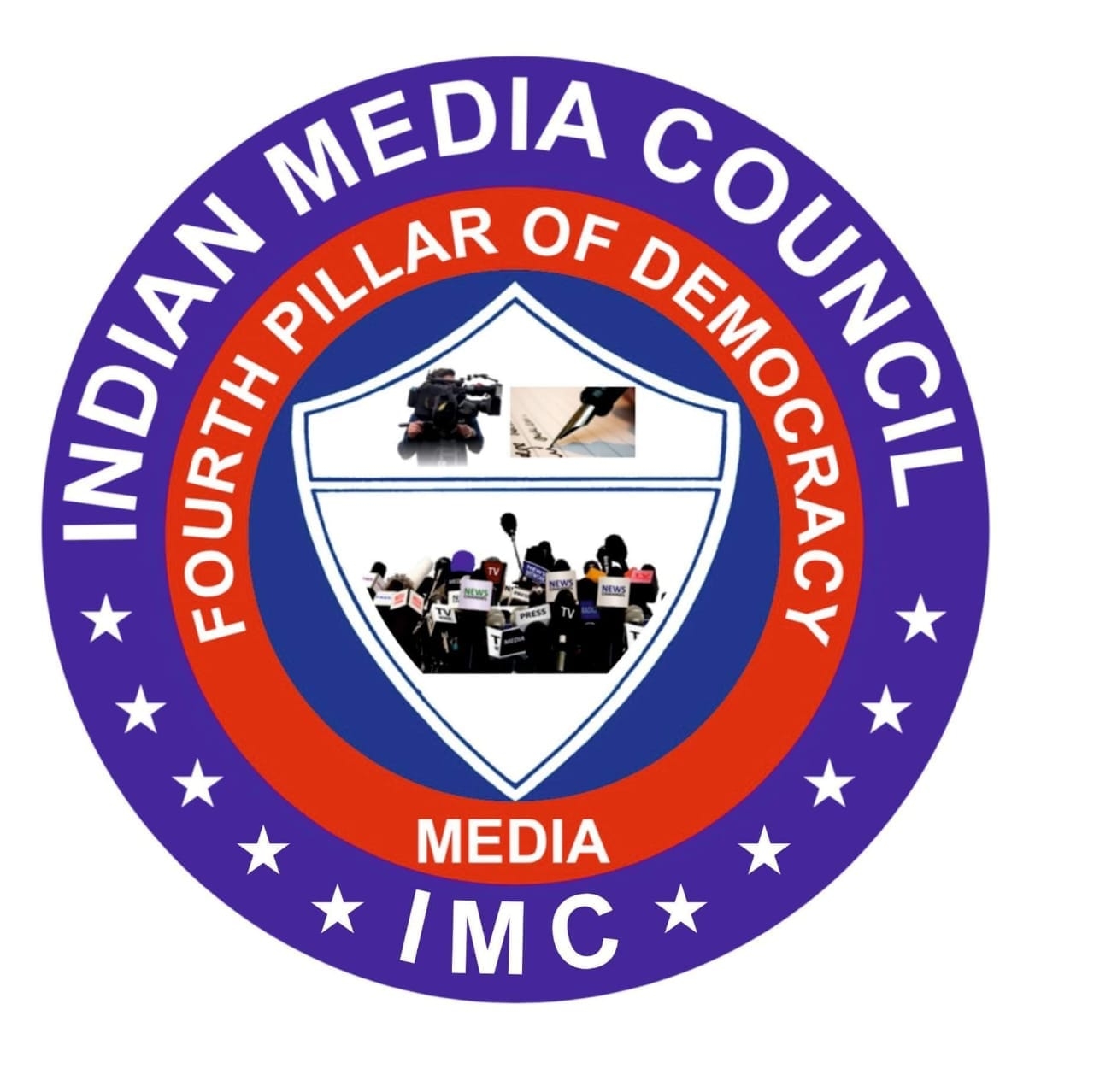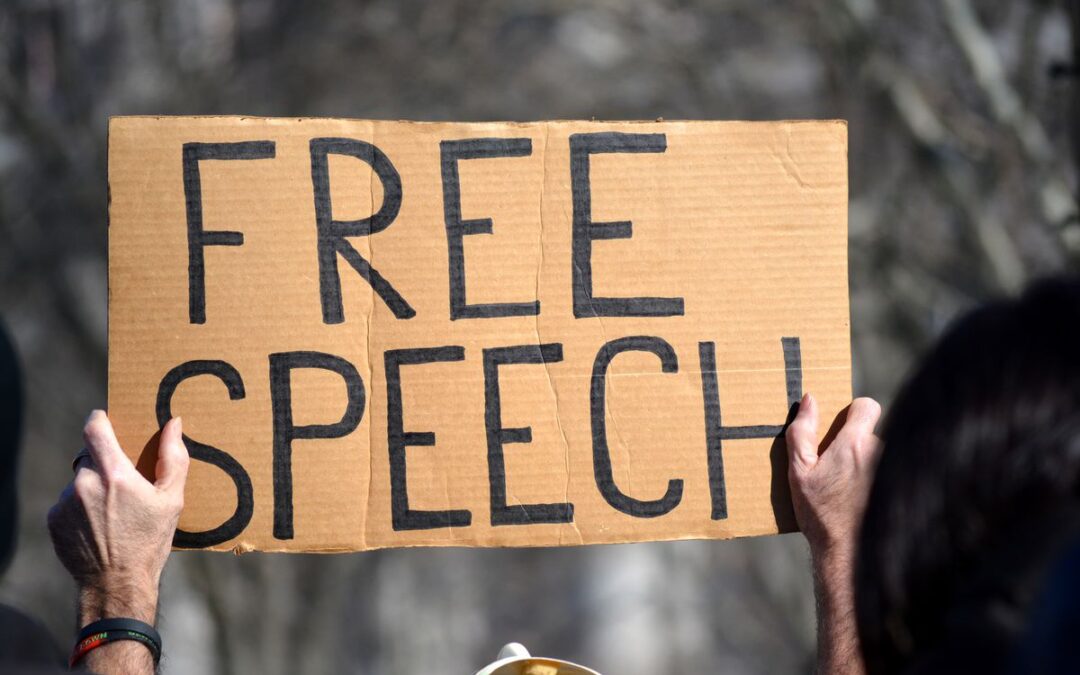How the freedom of speech affects
modern media:
To this present situation where all are engaged in social media and they contact their life via social media whereas Likes to speak more. The followers make a huge difference and also through this trauma arises Like comments on a post that goes
out of the box. Like Bullying, Harassing, talking about politics, Fans fighting for their favorite Heroes, Sexual comments on a particular post,
giving threats, etc., negativity also arises Modern media appears in numerous various arrangements, containing print media (e-books,magazines, e-newspapers), television, movies, video games, music, cell phones, various kinds of software, the Internet. Social media includes mainly internet and mobile phone-based tools for sharing discussing and featuring the information. It combines technology, telecommunications, and social interaction and provides a platform to communicate through words, pictures, films, and music.
Andreas Kaplan and Michael Haenlein define social media as “a group of internet-based applications that build
on the ideological and technological foundations of Web 2.0, and that allow the creation and exchange of user-generated content.” Freedom of Speech And Expression: Freedom of speech and expression is broadly
understood as the idea that every person has the right to freely speak what he wants also can express themselves through any media Freedom of expression is a difficult right. This is because freedom of expression is not which carries it’s
duties.
The term freedom of expression itself had existed Greek Athenian era more than 2400 years ago. “Everyone has the right to freedom of opinion and expression; this right includes freedom to hold opinions without interference and to seek, receive
and impart information and ideas through any media and regardless of frontiers.” “Everyone shall have the right to hold opinions without interference. Everyone shall have the right to freedom of expression; this right shall include freedom to seek, receive and impart information and ideas of all kinds, regardless of frontiers, either orally, in writing or print, in the form of art, or through any other media of his choice.” .
Similarly, Article 19 (1) (a) of the Constitution of India also confers on the citizens of India the right
“to freedom of speech and expression”. The freedom of speech and expression means the right
to express one’s convictions and opinions freely by word of mouth, writing, printing, pictures etc.,
The term ‘freedom of speech and expression’
includes any act of seeking, receiving and imparting information. Moreover, Article 19 of the UDHR and Article 19(2) of the ICCPR also provides for freedom of speech and expression even in case of internet and social media.
Limitations on Freedom of Speech And Expression The freedom of speech and manner does not surrender on the dwellers the right to speak or publish without responsibility. It is a license giving immunity for every possible to use it. Article 19(3)
of the ICCPR imposes restrictions.
1.For respect of the rights of reputations of others
2. For protection of national security, or public
order, or public health or morals.
As per Article 19(2) of the Constitution of India, the legislature may enact laws to impose restrictions on
the right to speech and expression on the following:
(a) Sovereignty and integrity of India
(b) Security of the State
© Friendly relations with foreign States
(d) Public order
(E)Decency or morality
(f) Contempt of court
(g) Defamation.
(h) Incitement to an offence
Cyber Laws of India And Social Media Even there is no specific constitution in India that deals with social media, there are several requirements in the existing so-called cyber laws.
The Information Technology Act, 2000 (a) Under Chapter XI of the Act, Sections 65, 66, 66A, 6C, 66D, 66E, 66F, 67, 67A and given under Section 43, sending offensive messages through communication services, identity theft, cheating by computer resource, violation of privacy, cyber terrorism, electronic form, material containing sexually explicit act in electronic form, material depicting children in the sexual activities through electronic media.
(b) Section 69 of the Act grants power to the Central or a State Government to issue directions for monitoring or decryption of any information through any computer resource to maintain quiet and friendly systems with another country.
(c) Section 69B grants power to the Central Government to issue directions to authorize any agency to monitor and collect traffic data or information through any computer resource for cyber security. Section 66A has been in news in recent times, albeit for all the wrong reasons. Before discussing the issue in detail, it is desirable to first have a look at Section 66A, the provision itself. Section 66A of the Information Technology Act, 2000 inserted vide Information Technology (Amendment) Act, 2008 provides punishment for sending offensive messages through communication service, etc. and states:
Anyone who sends, via means of a computer resource or a communication device
(a) Any information that is grossly horrible or has endangering character;
(b) Any information which he knows to be false, but for the purpose of causing irritation, complication, threat, impediment, abuse, trauma, illegal oppression, hostility, hatred, or ill will, persistently by making use of such computer resource or a communication device.
Some Freedom of speech against cases:- In April 2012, Ambikesh Mahapatra, a professor of chemistry in Jadavpur University in West Bengal, was arrested for posting a cartoon on West Bengal Chief Minister Mamata Banerjee on social
networking sites.
In May 2012, two Air India employees were arrested by the Mumbai Police for putting up on Facebook and Orkut content that was against a trade union leader and some politicians. They were in custody for 12 days.
Conclusion:
In the developing system of the present generation, each one expresses his point whereas some gives negativity and also positivity. Each and everyone is enrolled with positivity even though we have speech rights We must use it accordingly. Whereas our point of view should be known to others without defaming, threatening, abusing anyone.
Freedom of speech should be used only for a good purpose instead of talking about unwanted things we should get through the positive things.

